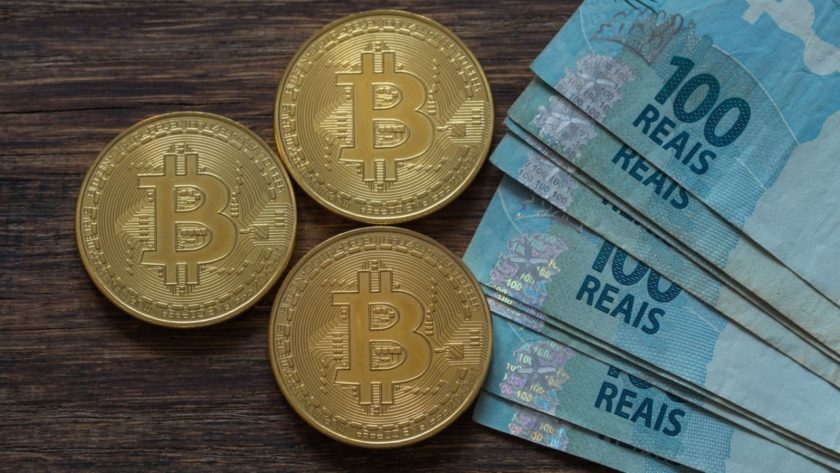Cryptocurrency exchanges could be allowed to operate as trading platforms in the Philippines given growing global interest in virtual currencies, the Securities and Exchange Commission (SEC) said.
SEC Commissioner Ephyro Luis Amatong told reporters last week that regulators were targeting the release of draft rules by the end of next week.
“We see the need to regulate them as trading platforms,” Amatong said, given the SEC’s mandate to protect the investing public.
Virtual currency exchange (VCE) rules of Australia and Switzerland are being reviewed as possible templates, he added.
Amatong also said that the SEC and the Bangko Sentral ng Pilipinas (BSP) had agreed to join forces to regulate VCEs.
“We already discussed the matter with the BSP since the BSP is also interested and we are also interested. The discussion … [involves]joint cooperative oversight over VCEs engaged in trading,” he said.
In April this year, the BSP said it was evaluating applications from some VCE firms looking to operate in the Philippines. At present, Rebittance, Inc. and Betur, Inc., which owns coins.ph, are the only two VCEs licensed with the BSP.
The SEC, meanwhile, released proposed rules on initial coin offerings (ICOs) last month. Among others, any entity wanting to conduct an ICO should first file an initial assessment request detailing the offering, after which a determination will be made whether the token to be issued is a security or not.
Start-ups planning to conduct ICOs will have to register as a corporation while issuers whose principal offices are abroad will have to set up a branch in the Philippines.
Ocular inspections and system walkthroughs will be part of the ICO registration process.
Exemptions will be made for offerings to fewer than 20 persons during a one-year period and sales to banks, registered investment houses, insurance firms, government-owned pension/retirement funds, among others.
The proposed rules also cover advertising for the offering, reportorial requirements and provisions for the return of investment funds if the ICO is not completed.
The SEC is set to release final version of its ICO and crowdfunding rules next week after considering public comments.
Designed for startup firms, crowdfunding refers to a method of raising funds by tapping individuals through an online platform.
Amatong said the SEC’s openness to allow such methods aimed to help small and medium-sized enterprises raise funds for expansion.
“Part of the promise is technology will allow smaller companies to raise funds in a safe manner,” he said.
“Previously, you had to go through all of the infrastructures of the PSE (Philippine Stock Exchange) or PDEx (Philippine Dealing Exchange … in order to raise the funds but what financial technology (fintech) promises is you can achieve that through technology at a lower cost so even if you are a small company,” Amatong added.




